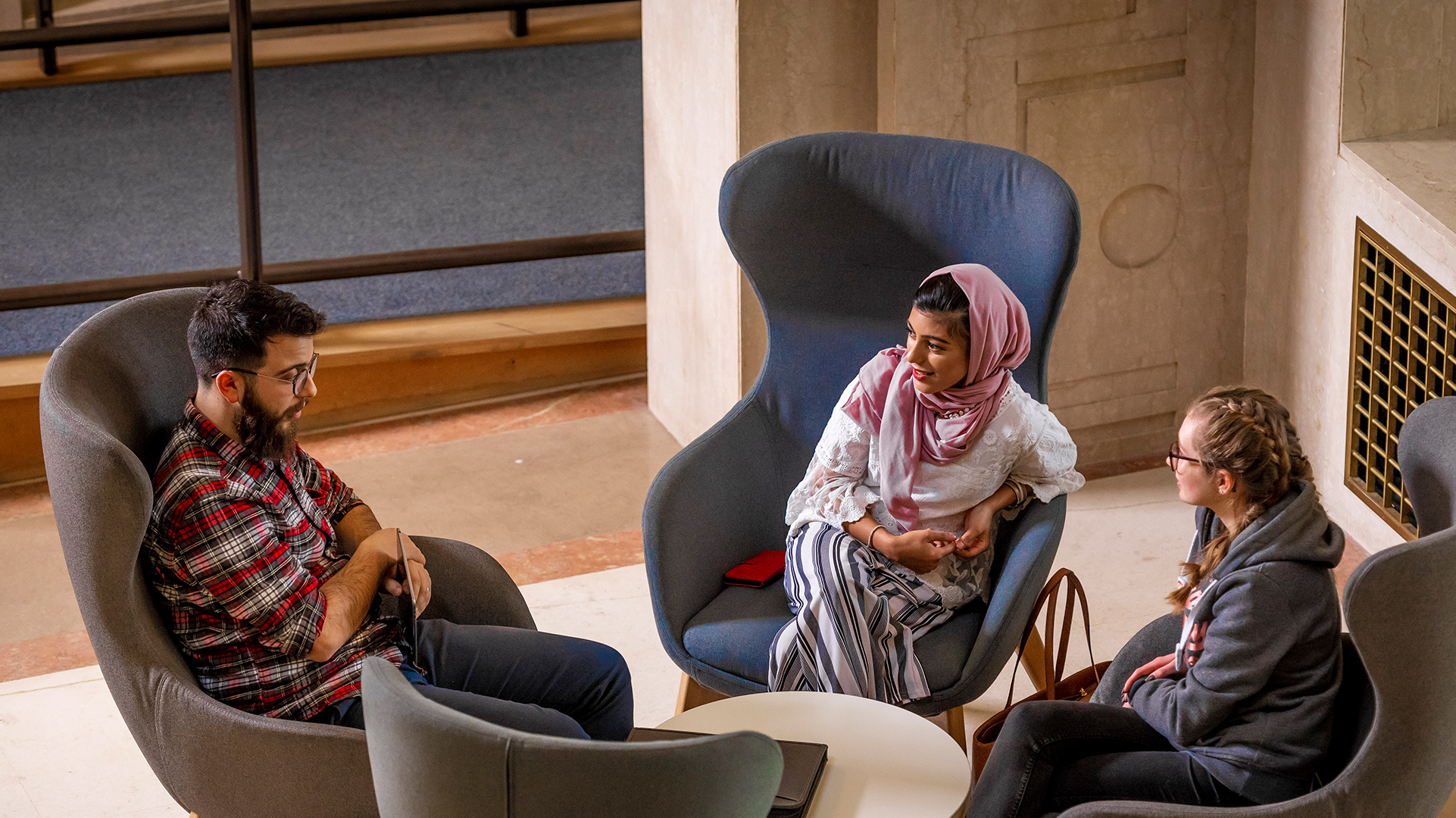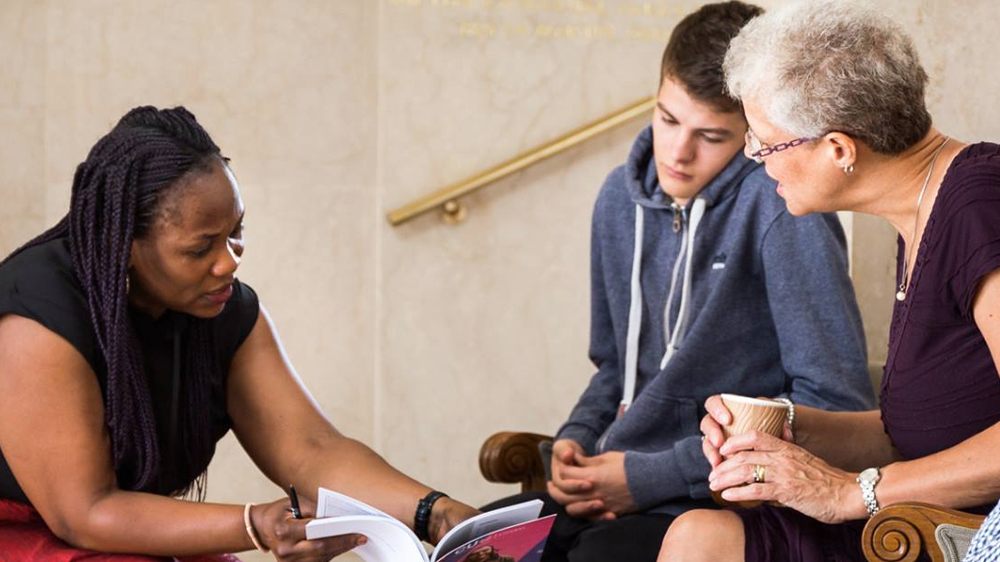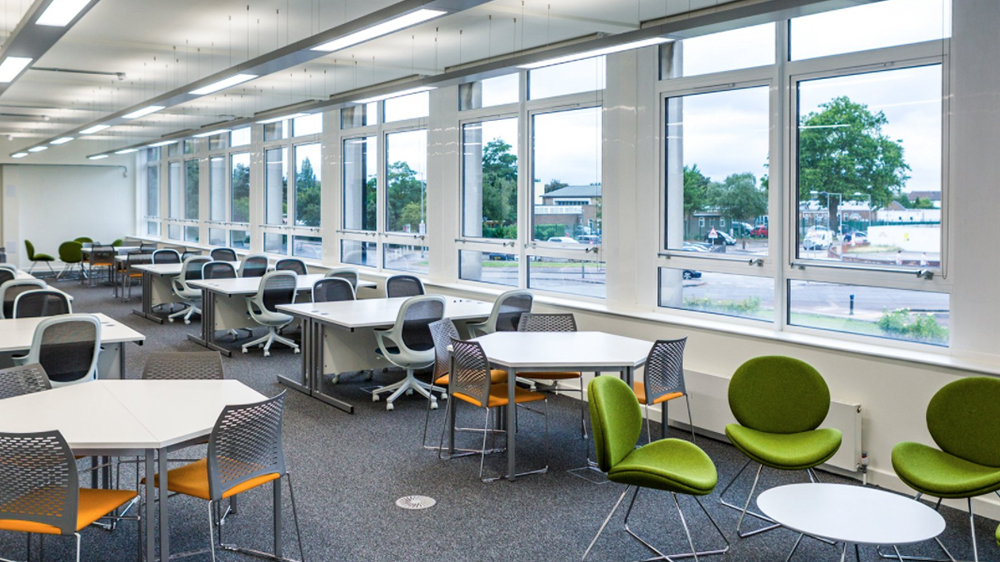Search
Primary Education and Teaching Studies BA (Hons)
Study level: UndergraduateHNC/HND courses

The BA (Hons) Primary Education and Teaching Studies course aims to supply knowledgeable, enthusiastic, and skilled individuals to local and national school-centred teacher training institutions.
Course option
Year of entry
Location
CU London (Dagenham, London)
Study mode
Full-time
Sandwich
Duration
4 years sandwich
3 year - Degree
2 year - HND
1 year - HNC
UCAS codes
X320
X322
X321
Start date
September 2024
November 2024
January 2025
March 2025
May 2025
June 2025
Course overview
The programme provides theoretical and practical learning modules that underpin knowledge and understanding of concepts of education and teaching, which are relevant to both the current practice in schools and the changing context of education.
As well as international opportunities, you may be able to conduct critical research alongside our highly experienced staff, learn from guest visitors and take part in an invaluable placement year (subject to availability).
Why you should study this course
Your experience with us is designed to provide you with relevant academic and graduate skills so that you are a strong candidate for your chosen career path. This course aims to provide the necessary knowledge and experience of primary education for you to then apply for the next step.
What you'll study
This comprehensive degree will equip you to engage, motivate and inspire young learners in a wide range of schooling environments.
From child development theories to consideration of varied perspectives of primary education, you will learn responsive and innovative techniques to support effective curriculum delivery, drawing on advanced knowledge of child development and theoretical perspectives.
During the year, there are a number of practical elements to help cement your knowledge of primary education and teaching. You may have the opportunity to take part in visits to special schools within the local area, and opportunities for work experience alongside your academic commitments for a more rounded learning experience.
We regularly review our course content to make it relevant and current for the benefit of our students. For these reasons, course modules may be updated.
How you'll learn
This course is available as a full-time three year or optional four-year sandwich course, the latter incorporating a work placement or study year in a related field2.
Our teaching methods are varied, offering several teaching styles to suit the needs of all our students. In addition to lectures, we utilise a blended learning approach, including online aspects, workshops and group work. Additional support is available via email and our online learning platform, which is currently Aula.
Progression through the modules develops knowledge and skills, including communication (written and oral), study skills, research methods, project management, presentation and career development. We will also encourage you to consider your employability and/or entrepreneurial development.
Unlike traditional institutions, there are no end-of-year exams. Instead, learning is assessed through coursework and phase tests, which is more reflective of our learning model.
Teaching contact hours
You can expect up to 20 hours of learning activities per week, made up of face-to-face teaching, individual and group tutorials, online classes and independent learning.
Additionally, you will be expected to undertake significant self-directed study of approximately 30 hours each week, depending on the demands of individual modules.
As an innovative and enterprising institution, the university may seek to utilise emerging technologies within the student experience. For all courses (whether on-campus, blended, or distance learning), the university may deliver certain contact hours and assessments via online technologies and methods.
Since COVID-19, we have delivered our courses in a variety of forms, in line with public authority guidance, decisions, or orders and we will continue to adapt our delivery as appropriate. Whether on campus or online, our key priority is staff and student safety.
Assessment
Assessment methods vary and include practical class and project performance, written practical reports, project thesis, laboratory experiments, tutorial tasks and assessments, which take place at the end of each six-week block.
The learning outcomes of modules, assignments and projects will be clearly stated. Your work will be marked according to how well you achieve these learning outcomes and your final feedback will refer to each outcome, as well as providing an overall percentage grade.
The Coventry University Group’s assessment strategy ensures that our courses are fairly assessed and allows us to monitor student progression towards achieving the intended learning outcomes.
Entry requirements
Typical offer for 2024/25 entry.
Fees and funding
2024/25 tuition fees.
| Student | Full-time | Part-time |
|---|---|---|
| UK, Ireland*, Channel Islands or Isle of Man | £7,950 per year | Not available |
| EU | £7,950 per year with EU Support Bursary** £18,300 per year without EU Support Bursary** |
Not available |
| International | £18,300 per year | Not available |
For advice and guidance on tuition fees and student loans visit our undergraduate finance page and see the University’s Tuition Fee and Refund Terms and Conditions.
We offer a range of international scholarships to students all over the world. For more information, visit our international scholarships page.
Tuition fees3 cover the cost of your teaching, assessments, facilities and support services. There may be additional costs not covered by this fee such as accommodation and living costs, recommended reading books, stationery, printing and re-assessments should you need them.
The following are additional costs not included in the tuition fees:
- Any optional overseas field trips or visits.
- Any costs associated with securing, attending or completing a placement (whether in the UK or abroad).
*Irish student fees
The rights of Irish residents to study in the UK are preserved under the Common Travel Area arrangement. If you are an Irish student and meet the residency criteria, you can study in England, pay the same level of tuition fees as English students and utilise the Tuition Fee Loan.
**EU Support Bursary
Following the UK's exit from the European Union, we are offering financial support to all eligible EU students who wish to study an undergraduate or a postgraduate degree with us full-time. This bursary will be used to offset the cost of your tuition fees to bring them in line with that of UK students. Students studying a degree with a foundation year with us are not eligible for the bursary.
Careers and opportunities
On successful completion of this course, you will be able to apply for a postgraduate certificate in education to become a teacher in early years, primary or secondary education. Some graduates decide to work as teaching assistants in mainstream or special schools.
You may decide that you want to work with the 'early help' service instead, working with children in the community. Perhaps if you have specific skills, such as sports or music, you may instead become a children's coach or peripatetic music teacher.
This degree provides a range of career opportunities for our graduates with most going on to pursue a vocational career in the primary education sector - one of the most rewarding professions available.
The skills taught are transferable, which allows our graduates to pursue an alternative career path if they wish. These include, but are not limited to, Family Support Worker, Education Officer, Learning Mentor, Widening Participation, SENCO, Attendance Officer and Teaching Assistant roles.







